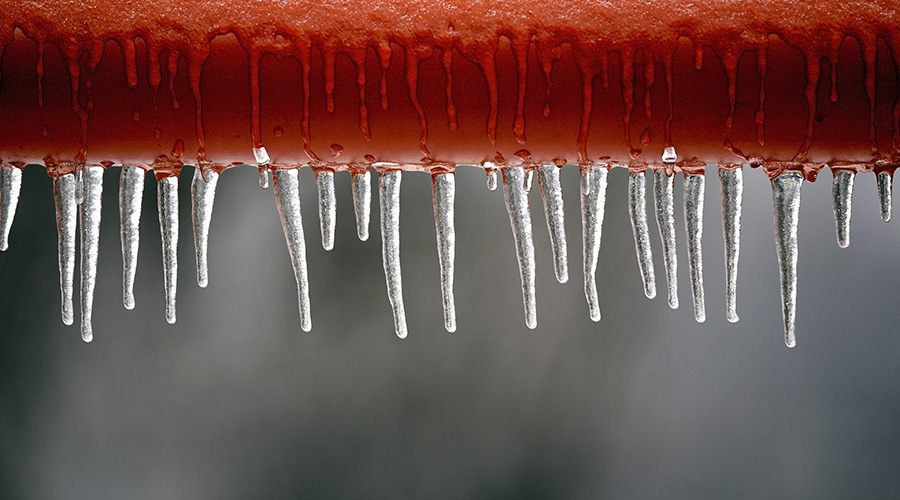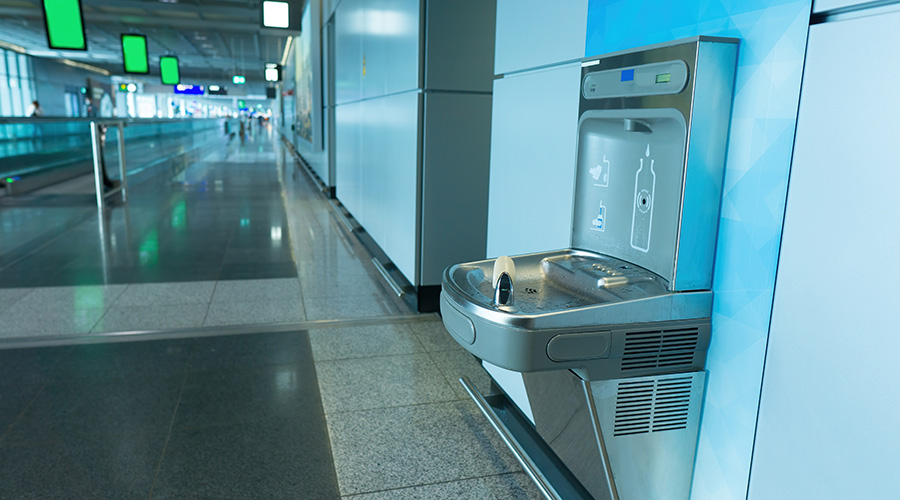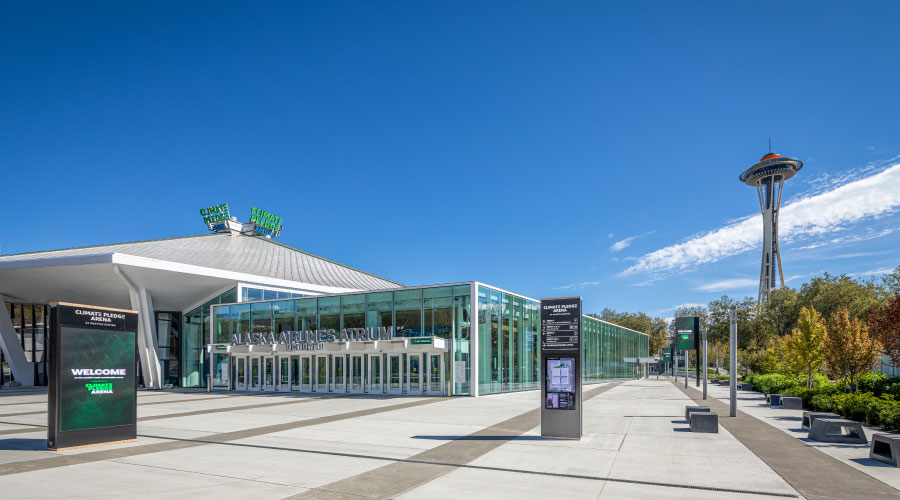How Faith Haven Camp Beat Winter Pipe Freezes
How a Midwestern bible camp broke through its clogged drain dilemma.
By Jake Meister, Contributing Writer
Minnesota winters can be tough on its residents, but the state’s 10,000 lakes make it a desirable destination for summer activities. However, sometimes the state’s weather can get so harsh that the beauty of even the most pristine lakeside escapes can be sullied.
Faith Haven Camp has hosted youth groups on 9 acres on the shores of Eagle Lake since 1958. The camp has evolved over the years into a non-denominational escape capable of accommodating adult groups, congregational retreats and family reunions. But in recent years, the winter freeze has extended beyond the shores of Eagle Lake to the camp’s facilities, putting everyday operations on thin ice.
Scott Larson and his wife, Lisa, have been managing the camp for two decades, but their long tenure was preceded by annual freezes and clogged drains in the camp’s three largest buildings. When Faith Haven Camp was planned in the 1950s, the intention was not that it be a year-round destination, so the sewage lines were not set as deep in the ground as they should have been, Scott Larson says.
“When they built these things, they were doing everything they could to save a dollar,” he says.
The list of issues and attempted remedies to the camp’s frozen and blocked drain dilemma is long. At one point, a sewer line collapsed, probably due to age, and it rendered one of the buildings temporarily unusable. Most of the time, winter has brought a host of temporary clogs and freezes that has forced Larson — who doubles as the camp’s only maintenance employee — to spend time on many winter days opening the drainage lines.
Larson found temporary success by hooking up a garden hose to hot water and running that into the sewer, but that fix was not a permanent answer. After opening the line with the hot water, Larson was left with excess water he needed to get rid of. With the couple being the only people managing the camp, any time away from their regular duties affected operations.
In search of relief, Larson says he often outsourced the work to local plumbing professionals. He says the business community of nearby Battle Lake has always been extremely supportive of the camp, but for a small operation like Faith Haven, continually hiring contractors to fix the same problem is unsustainable, given the cost.
Solving a problem
During one of those service calls, the technician Larson hired to use his steamer on the pipes recognized the frozen and clogged drainage line issue would be an annual occurrence. But instead of seeing it as an opportunity for revenue, the technician suggested the camp buy a drain cleaning machine the JM-1000 Mini-Jet from General Pipe Cleaners.
Larson says the machine, an electric pressure system, is small and lightweight, meaning he can it carry wherever he needs to use it. Like the makeshift repair he initially devised, the drain-cleaning machine uses water supplied by a hose. Projects that took four hours to complete before purchasing the drain cleaner now take less than an hour.
The machine comes with a 50-foot hose that Scott compares to a pressure washer but is smaller in diameter. It has four different nozzles that Larson uses as jets that face forward and help clear clogged lines. The drain cleaner also has a trio of smaller jets that face backward and push the line forward, which makes the hose self-feeding. The tip also minimizes excess water.
“I use this mainly for clearing frozen sewer lines and outside drainage lines,” Larson says. “It saves me hours of work over the way I used to do this and eliminates the need to hire a professional.”
Unlike ice fishing gear, drain cleaning machines like Larson’s are in use all year. When the snow melts and the camp needs outside drainage for runoff, he uses the machine as a tool to open the frozen drainage lines so water does not end up indoors.
Jake Meister is a freelance writer based in Port Washington, Wisconsin.
Related Topics:












